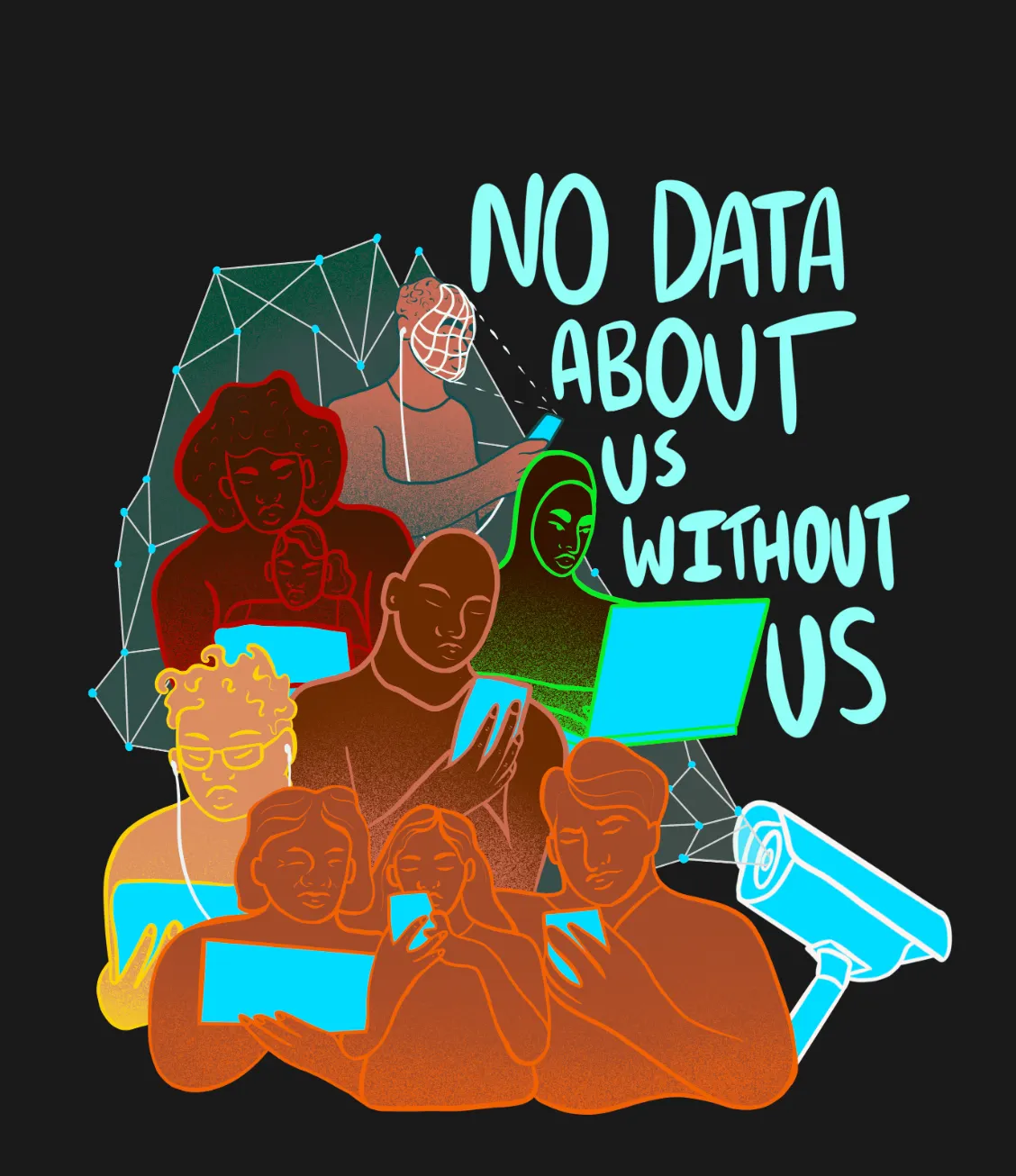On the Legitimacy of Authority: A Conversation with Enrique Peñalosa
Santiago UribeEdgelands sat with Enrique Peñalosa, -the two-times Mayor of Bogota, Colombia - for a digital conversation. An authority in Urban affairs, Mr. Penalosa experienced first-hand some of the most pressing issues faced by cities. Most of his professional career has been devoted to thinking about public transport systems, mobility, and public spaces in cities. During his time in office, Mr. Penalosa led the 10+ million inhabitants of the Colombian Capital through some of its greatest challenges. In this conversation with the Edgelands team he reflected on some of the most urgent urban and political issues: the legitimacy of authority and how to make Cities drivers of equality.

Photo by "Social Income" for UNSPLASH
Bogota is a sprawling metropolis sitting atop an Andean plateau at 2600m above sea level. Since the second half of the 20th Century the city has experienced an economic and demographic boom, transforming a colonial, bucolic township of bell towers and brick roof tiles into one of the world's megacities. Yet, not all has been prosperous for the Colombian Capital: a demographic outburst, high rates of violent crimes, an eternally unfulfilled promise of a Metro system (subway), corruption, violation of public space. In one word, disregard for legal and social norms. Just one of those issues would be enough to baffle policy makers, academics, elected officials, technocrats for years. They all converge in Bogota. Still, the City carries on, always returning from the brink, holding everyone and everything together by a resilient social fabric and functioning institutions. But leave room for more: the Covid Pandemic and a humanitarian crisis of venezuelan refugees has left the fabric in tatters, the social contract about to implode in a cloud of dense smog.
At this point, a belated disclosure: I, like Mr. Penalosa, was born and raised in Bogota and so I feel her problems as my own. Indeed, I have lived many of them (the bad air, the feeling of insecurity, the being stuck in traffic or the dread of using any form of public transport). Growing up there meant the constant realization that we lived in a Schrodinger-like paradox: at times a bubble; we remained untouched whilst the rest of the country was burning up in flames of war. Other times, -at the same time- we realized we did not exist in a vacuum and the wildfire of the war came banging at our doors. Powerful drug cartels unleashed their violent force in the form of bomb attacks, guerrilla groups, to name a few. Many fled violence in rural Colombia and seeked shelter in the capital. Waves of internal refugees have arrived in the years since. Despite all these issues, the city remains a provider of healthcare, education, child care and other basic social services. Indeed, in 2018 - and during Peñalosa’s last term in office - the rate of monetary poverty in Bogota was 12% whilst the National figure reached 27%. Also telling is the child mortality rate: where the City reported 7,8 deaths for every 1000 births, the national rate topped 16 deaths for every 1000 children. Taken alone, these indicators point to citizens of Bogota enjoying an objectively better quality of life. Even more interesting is not how the city manages this given the woes and troubles hammering the Nation-State. It would seem counterintuitive that, whilst the Colombian State is labeled ‘failed’ and ‘captured’ the City manages to provide (albeit not perfectly) for its citizens.
Here is where Mr. Penalosa’s insight and experience proves well positioned to help us understand what the (new) Urban Social Contract looks like, or at least, what are the minimum conditions to think about a new one, or update some of its essential parts. Is the City just the physical space we occupy under the State? Or is it a political unit with leverage to shape our future, shape our agency? Mr. Penalosa would certainly advocate for the latter. As the Nation-State becomes stagnant, pachydermic, bureaucratic, captured by corporate interests and plagued by politics of Identity and Nationalism, the City has had to step in and step up. Take the Covid pandemic to illustrate the point: soon after the declaration of the status of Pandemic by WTO and just before the first cases of the virus where confirmed in Colombia, Bogota’s Mayor (Claudia Lopez) moved quickly to implement a City-wide lockdown and other preventive measures just to have the National Government overrule the City and declare Lopez exceeded her authority. Similarly, during Penalosas tenure, efforts to regulate and rein in the powerful Taxi companies operating in the city were reversed by the National Government. Measures intended to make service safer, more transparent and increase city revenue gave in to National government inaction. Mr. Penalosa called the central Government a hindrance to the City’s improvement.
Likewise, reaching consensus within International Organizations and the Global Governance systems has become increasingly harder. This failure to find global solutions to global problems have made Cities leaders in tackling climate change, humanitarian and political crises. The social contract is no longer about transacting freedom for security: in the case of Bogota, it is about guaranteeing people's dignity, minimum conditions of livability (capabilities) and their survival. Themselves a form of freedom. The City becomes a Party in a new social contract as well as the new physical and moral space where the mutual promises are transacted. The social contract now is less about giving up some liberty in exchange for protection and giving up some sovereignty in exchange for recognition of authority in the classical political sense. In this Contract citizens remain suspicious of the State and constantly rein in on its authority, coming up with institutional levers to keep its power at bay. The new urban social contract, Mr. Penalosa imagines, is one where the City is the great equalizing force; able to redistribute wealth, deliver social services and create public moral and physical spaces. Mr Penalosa illustrated this materialization of equality for us in these terms: a City bus zooms past people in cars, stuck in traffic, using the exclusive bus lane; the greater good of the public form is preferred over the private. The City brings in those at the margins, serving as a buffer for the exclusion caused by unchecked free market forces. In Bogota it did so through Cable Cars, new Schools and sporting facilities, bike lanes for all and by removing cars from sidewalks. Mr. Penalosa loves bike lanes and bicycles: a truly democratic object that serves rich and poor alike, in the same way - where everyone, regardless of their background, is equally vulnerable.
The City is able to create public spaces where the poor and wealthy meet as equals and enjoy equally the City’s public goods. So, we ask him, what is missing in our new theory of the urban social contract? There is no magical or technical formula we can conjure or compute to solve these issues. Insecurity and crimes remain at high rates, public transport systems are undignified and strip us of our humanity whilst we are constantly under surveillance. The City could be the Great Equalizer and a beacon of good public administration but first, Penalosa argues, its authority must be legitimate.
Listening to the former Mayor argue for legitimate authority made me realize that if we want to rethink the Social contract we'd best start at the beginning: we need to look at the tree before seeing the forest. Let me explain myself: the Edgelands proposal to move in and move forward fast in the manner of artistic intervention is laudable in that it engages us all in direct conversation of what constrains us and how we want our future (in times of digitization and surveillance) to look like. It does so through participatory, novel avenues that will result in many of us re-thinking institutional power and reclaiming our space in our city, and our digital and physical community. But before cycling all the way there -as Mr Penalosa would prefer- he would invite us to question institutional authority and to ask our leaders to fulfil their promised part of the contract, to rebuild trust. This is the core of the social contract as framework for living in society: it explains why members of some society have reason to endorse and comply with the fundamental social rules, laws, institutions, and/or principles of that society and justifies “whether or not a given regime is legitimate and therefore worthy of loyalty”. He would argue that in this time of anti establishment feelings, devalued truth and growing inequality, the contract and the authority it gives the City is only legitimate if it is used to secure a better and more equitable way of life.
We can do some popping up along the way...



